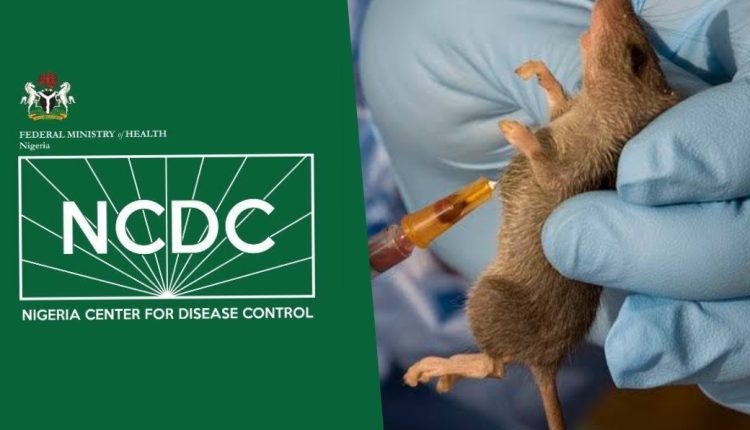The Director General of the Nigeria Centre for Disease Control (NCDC), Jide Idris, has issued a public health warning to residents, urging them to prevent further outbreaks of Lassa Fever and cerebrospinal meningitis (CSM) in Nigeria by maintaining a clean environment.
DG Idris made this statement in Abuja while addressing the press, encouraging residents to seal any rodent entry points to prevent them from gaining access to homes.
Lassa fever is a severe and highly contagious viral disease characterized by hemorrhagic symptoms, primarily caused by the Lassa virus.
The primary carrier of this viral disease is the multimammate rat, commonly referred to as the African rat, which serves as its main reservoir.
However, other rodent species also have the potential to carry the virus.
Idris advised communities to establish dumping sites far from residential areas to reduce rodent infestations, especially during the peak season from December to June.
The DG of the NCDC also noted that Nigeria has recorded a higher incidence of these viral diseases compared to previous years.
Highlighting the impact of Lassa fever, he stated, “In 2022, Nigeria reported 1,067 confirmed cases across 27 states and 112 LGAs. In 2023, 28 states and 114 LGAs reported 9,155 suspected cases, 1,270 confirmed cases, and 227 deaths. As of 13 October 2024, 8,569 suspected cases, 1,035 confirmed cases, and 174 deaths have been reported across 28 states and 129 LGAs.”
Idris emphasized that poor sanitation, inadequate healthcare infrastructure, and vulnerable populations pose significant health risks to communities in Nigeria.
He encouraged residents to store food items in airtight containers, especially rice, garri, beans, and corn, to protect them from contamination.
Speaking to journalists, he noted that healthcare workers play an important role in preventing and managing Lassa fever.
He urged them to be proactive and adhere to standard preventive measures to ensure their safety, including the use of protective equipment.
To further prevent Lassa fever outbreaks and maintain the current level of surveillance in Nigeria, he advised that suspected cases should be reported promptly.
Idris explained that cerebrospinal meningitis (CSM) affects the brain and spinal cord through inflammation and can be triggered by various pathogens, including bacteria, viruses, parasites, fungi, injuries, and certain medications.
He noted that although CSM cases have been reported throughout 2024, they can be more severe during the dry season. Factors such as dust, strong winds, cold nights, overcrowding, and poor ventilation contribute to transmission.
The northern part of the country is the most affected region, with 19 states in Nigeria facing CSM cases.
He stated, “In 2023/2024, Nigeria recorded 4,915 suspected cases and 380 confirmed cases, with 361 deaths across 174 Local Government Areas (LGAs) in 24 states, including the Federal Capital Territory.
”A total of 2,281,750 doses of the Men5CV-ACWYX vaccine were provided in Bauchi, Gombe, Jigawa, and Yobe, covering 134 wards in 13 LGAs. The campaign targeted individuals aged one to 29 years, comprising 70 percent of the population.”
To prevent further outbreaks, Idris encouraged residents to get vaccinated against meningitis, particularly young children, individuals living in overcrowded households, smokers, and those exposed to poor ventilation and indoor air pollution.
He stressed the importance of avoiding overcrowded spaces and maintaining good hygiene practices.









